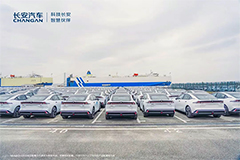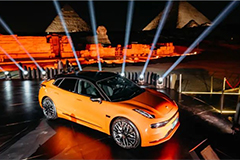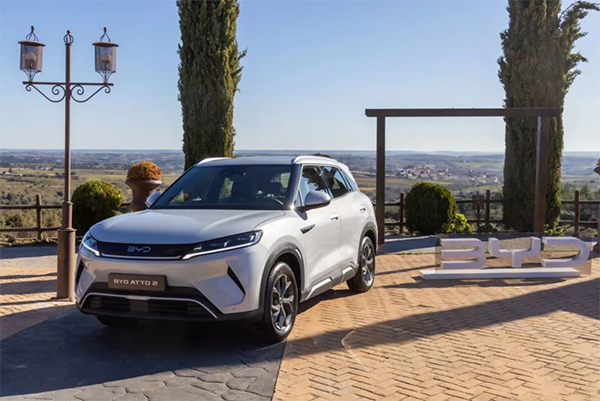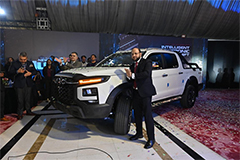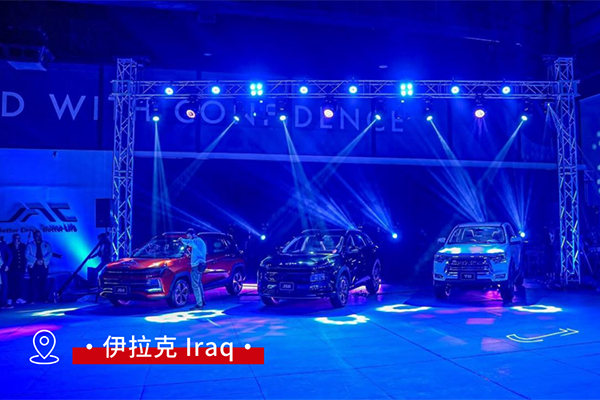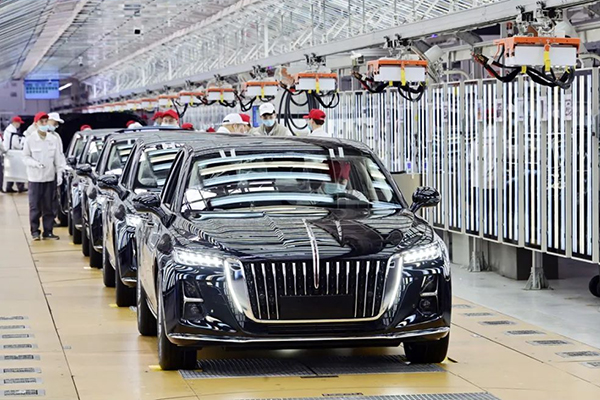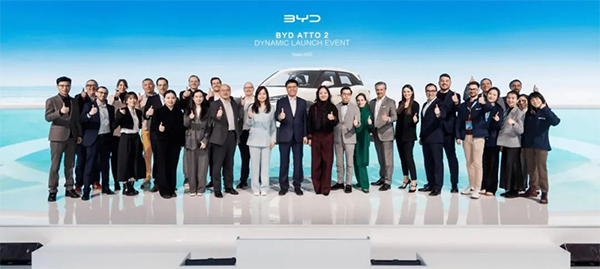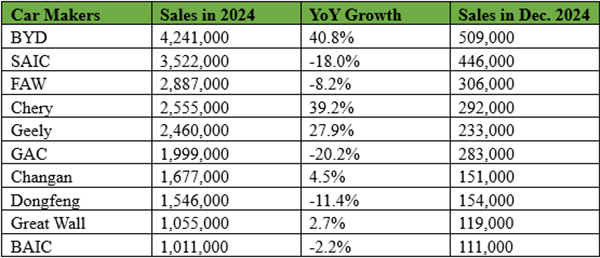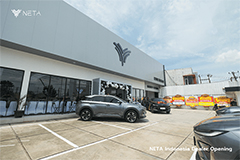In the evening of July 1st, several domestic new energy vehicle (NEV) listed companies in China released their "mid-year report cards" for 2024. Veteran player BYD achieved a milestone with NEV sales surpassing 1.6 million units in the first half of the year, while newcomer XPeng saw an impressive year-on-year growth of 348.55% in NEV sales. Emerging players like the "Weixiao Li" group (NIO, XPeng, and Li Auto) also showed varying degrees of growth. Leading the pack among the new EV manufacturers is Li Auto. According to their latest figures, the company delivered 47,774 new vehicles in June 2024, marking a 46.66% increase year-on-year. Li Auto's second-quarter deliveries of 108,581 vehicles met their guidance, with a cumulative delivery of 822,345 NEVs by June 30th, placing them at the top among domestic new EV brands in total deliveries.
Leading the pack among the new EV manufacturers is Li Auto. According to their latest figures, the company delivered 47,774 new vehicles in June 2024, marking a 46.66% increase year-on-year. Li Auto's second-quarter deliveries of 108,581 vehicles met their guidance, with a cumulative delivery of 822,345 NEVs by June 30th, placing them at the top among domestic new EV brands in total deliveries.
"Sales momentum for the June L-series continued to rise, with over 20,000 deliveries for the L-series alone and total monthly deliveries exceeding 40,000 units," stated Li Xiang, Chairman of Li Auto. He highlighted the launch of the new model, Li X6, and enhanced store efficiency as key factors propelling Li Auto back to the forefront of China's new EV brand sales rankings since the second quarter of 2024.
Looking ahead, Li Xiang revealed plans for Li Auto to introduce NOA (No Map, Onboard Autonomous), followed by a proprietary end-to-end large-scale model and VLM visual model L3 autonomous driving system by late 2024 or early 2025. He expressed confidence that based on this system, unsupervised L4 autonomous driving could be achieved within three years.
Following closely, NIO delivered 21,209 new vehicles in June, a 98.09% year-on-year increase, setting a new historical record for the second consecutive month. For the first half of 2024, NIO delivered a total of 87,426 vehicles, marking a 60.24% increase year-on-year.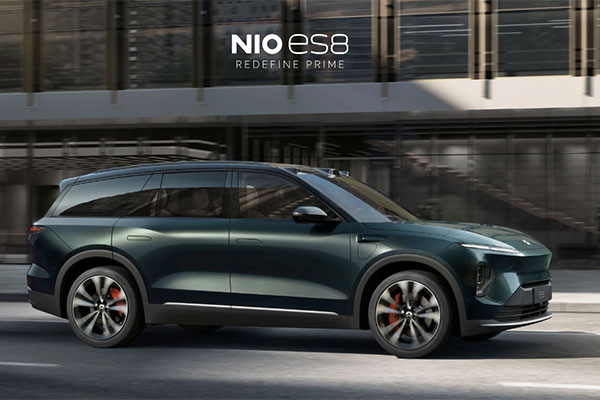 NIO's Chairman, William Li, recently announced that development of their third brand, Firefly, is progressing smoothly, with a focus on boutique small cars priced around 100,000 yuan. This brand will leverage NIO's existing sales network. The debut of Firefly's first product is scheduled for early next year, although the exact release date is yet to be determined.
NIO's Chairman, William Li, recently announced that development of their third brand, Firefly, is progressing smoothly, with a focus on boutique small cars priced around 100,000 yuan. This brand will leverage NIO's existing sales network. The debut of Firefly's first product is scheduled for early next year, although the exact release date is yet to be determined.
Xpeng delivered 10,668 vehicles in June, up 23.76% year-on-year and 5.14% month-on-month. In the first half of 2024, Xpeng delivered a total of 52,028 new vehicles, marking a 25.57% increase year-on-year. To further boost sales, Xpeng has chosen to introduce a new sub-brand. The first model of the Xpeng MONA series, the M03, recently had its debut and will be officially launched in the third quarter of 2024.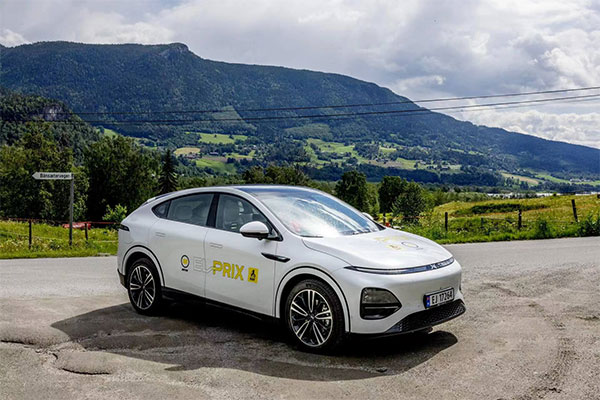 Another notable new EV player, Leap Motor, achieved its first-ever monthly delivery of over 20,000 vehicles in June, reaching 20,116 units, a 52.29% year-on-year increase. Leap Motor recently unveiled its new large six-seat SUV, the C16, which garnered over 5,208 pre-orders within 48 hours of its launch, indicating potential growth in delivery volumes.
Another notable new EV player, Leap Motor, achieved its first-ever monthly delivery of over 20,000 vehicles in June, reaching 20,116 units, a 52.29% year-on-year increase. Leap Motor recently unveiled its new large six-seat SUV, the C16, which garnered over 5,208 pre-orders within 48 hours of its launch, indicating potential growth in delivery volumes.
Chairman Zhu Jiangming of Leap Motor disclosed plans for the debut of their B-series SUV at the 2024 Paris Motor Show, followed by the launch of three models in 2025 targeting the 100,000 to 150,000 yuan market segment. These models are expected to continue featuring advanced technologies such as laser radar and high-level intelligent driving functions, forming the A, B, C, and D series.
In contrast to the vast scale of BYD's overall sales, XPeng, in collaboration with Huawei, focuses on the high-end intelligent NEV market. On July 1st, XPeng reported a remarkable 372.04% year-on-year increase in June NEV sales, totaling 44,126 units. From January to June 2024, XPeng's cumulative NEV sales reached 200,949 units, a 348.55% increase year-on-year.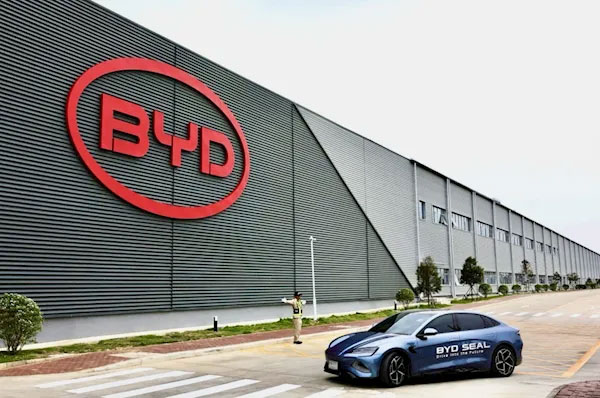 An XPeng spokesperson highlighted that the AITO brand, developed in partnership with Huawei, achieved a record-breaking monthly delivery of over 40,000 units in June, with the AITO M9 securing over 100,000 pre-orders for vehicles priced above 500,000 yuan.
An XPeng spokesperson highlighted that the AITO brand, developed in partnership with Huawei, achieved a record-breaking monthly delivery of over 40,000 units in June, with the AITO M9 securing over 100,000 pre-orders for vehicles priced above 500,000 yuan.
Looking towards the second half of 2024, Wang Xiaoqiu, President of SAIC Motor, indicated that China's NEV penetration rate, which exceeded 3% post-2019, had accelerated to nearly 50% by May 2024. This suggests intensified competition in the future NEV market.
Overall, the mid-year performance of China's NEV industry showcases robust growth among both established players and emerging brands, driven by technological advancements and strategic expansions in market segments.



